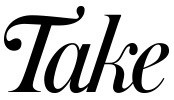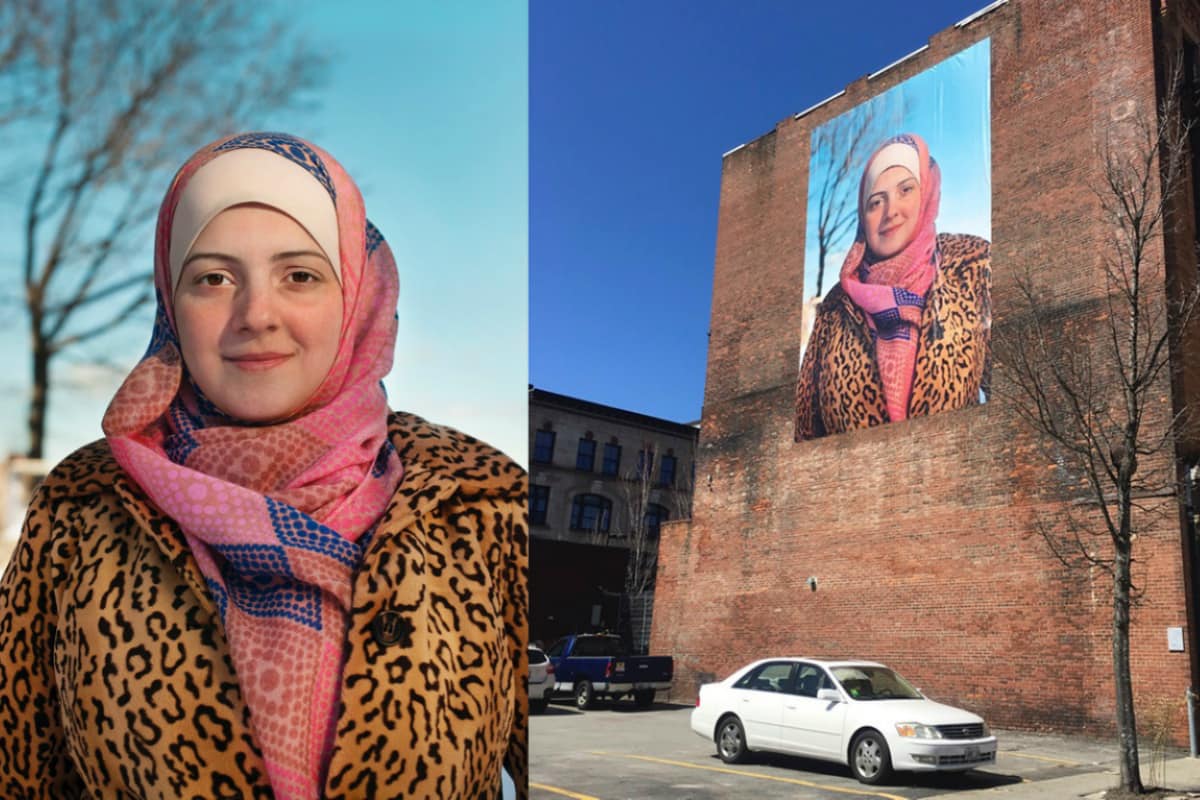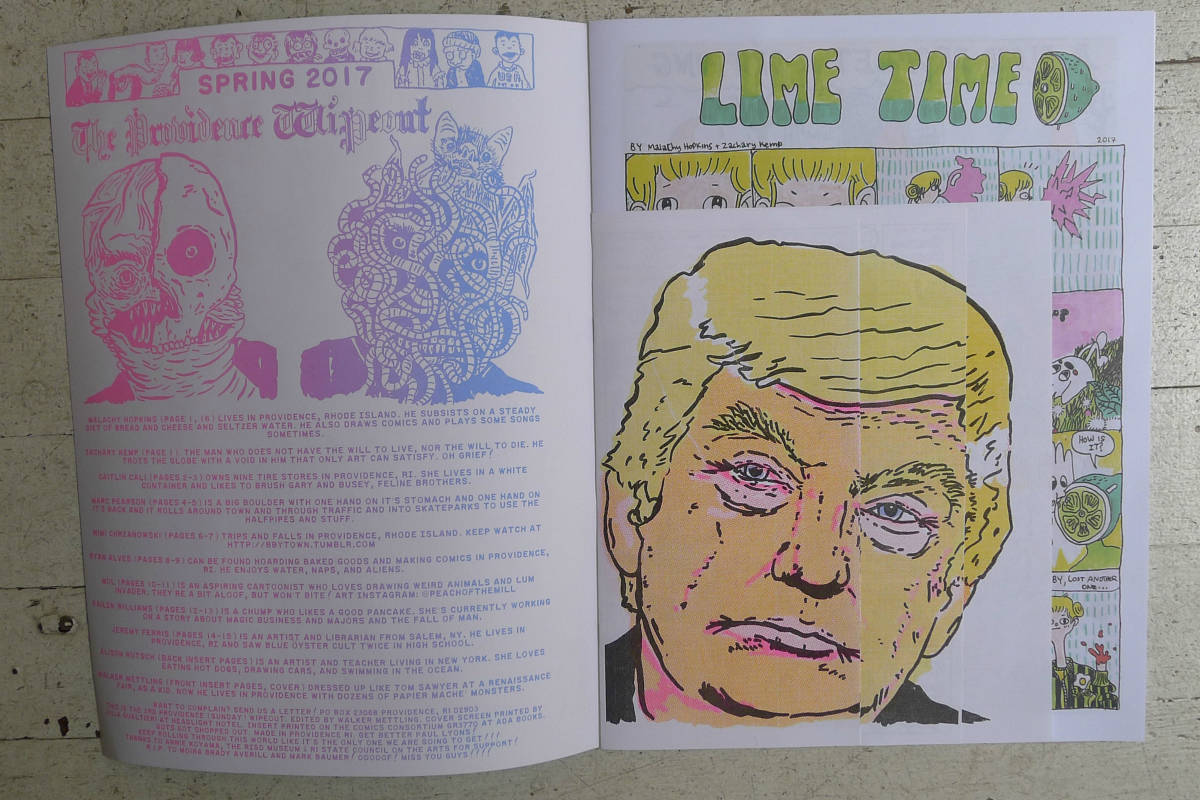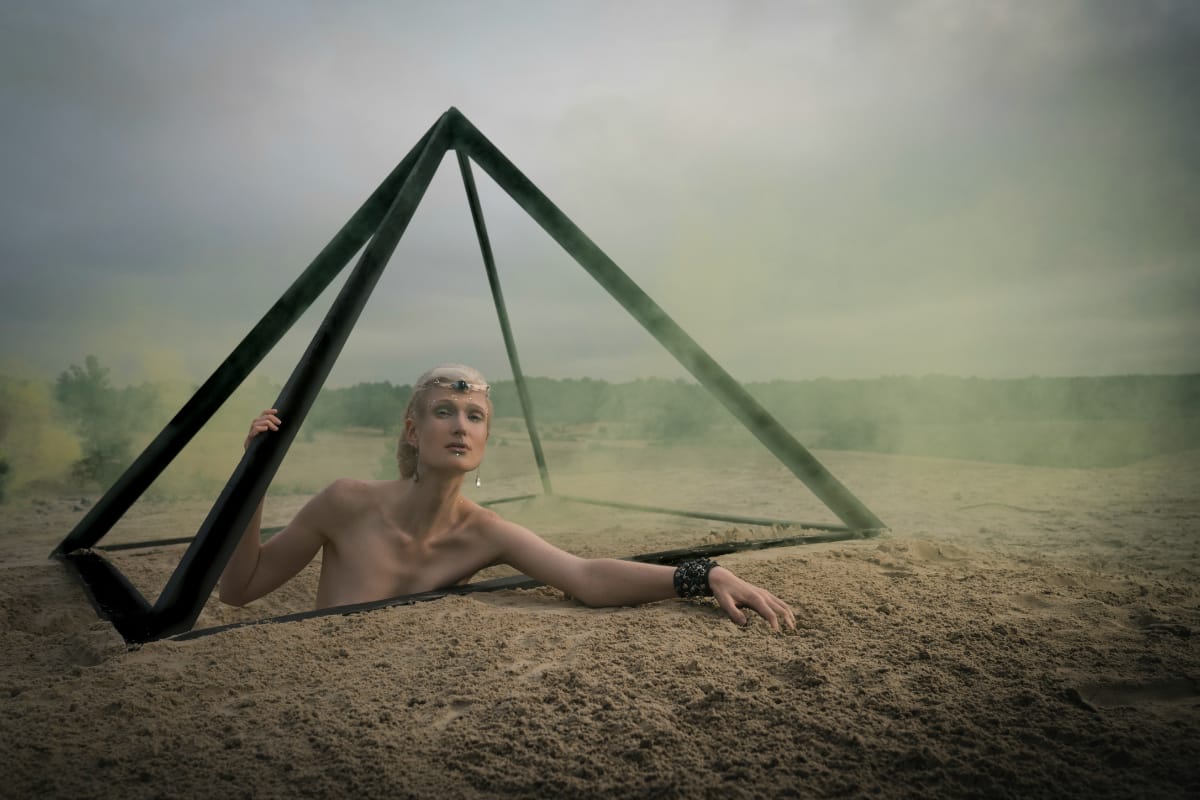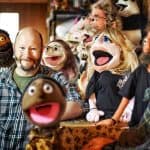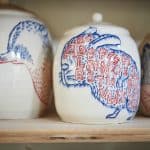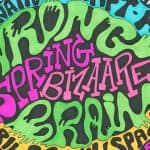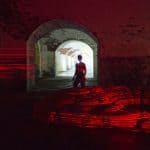Rhode Island photographer Mary Beth Meehan uses her craft as tool for her own brand of activism.
Years ago, when Mary Beth Meehan heard about violence being committed against Mayan Guatemalans in New Bedford, Massachusetts, she wanted to tell their story the best way she knew: through photographs. Initially her ideas were met with resistance—”people were afraid of me, they were undocumented and didn’t want to be identified”—but that project, part of which was published in the Boston Globe, further strengthened the acclaimed Providence-based photographer’s focus on portraiture as a means of telling a story.
The Brockton, Massachusetts, native then decided to train her lens on her adopted city of Providence, and the resulting series of portraits became part of a project called Seen Unseen. A few select photographs from that series, capturing Providence in its diversity, was part of a public installation in the city through July 2016.
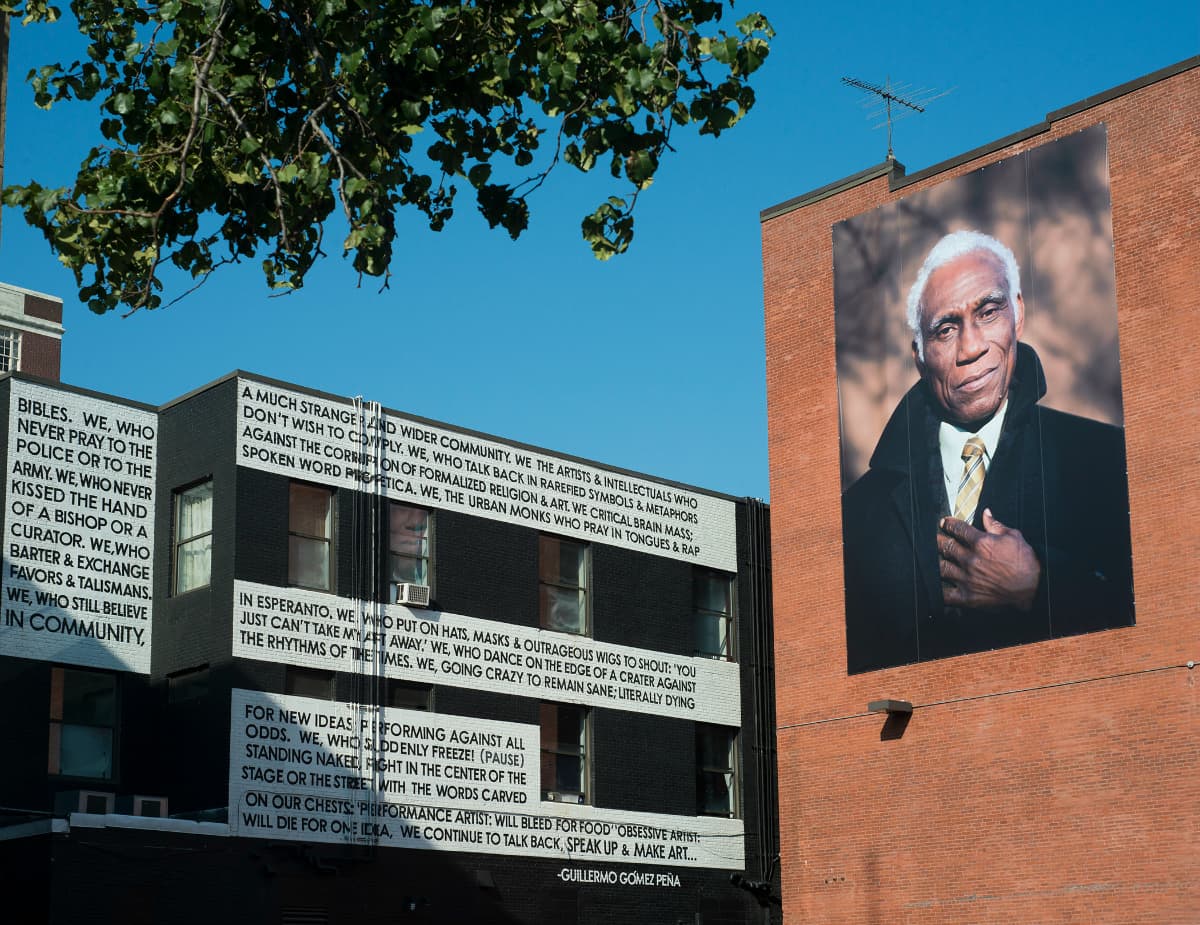
Wannton, SeenUnseen series, photo by Mary Beth Meehan
Trained as a photojournalist, Meehan has moved to a slower, more interpretive form of the art over the past ten years, and now shines light on the vulnerable and overlooked, the people hidden in the shadows. Providence, she says, is interesting because it’s incredibly diverse but “you can live in your bubble and not ever really have to interact with other cultures.” She uses the continuing SeenUnseen project as a unifier, a way of shaking residents out of their comfort zones and reminding them about their common humanity through a series of striking portraits.
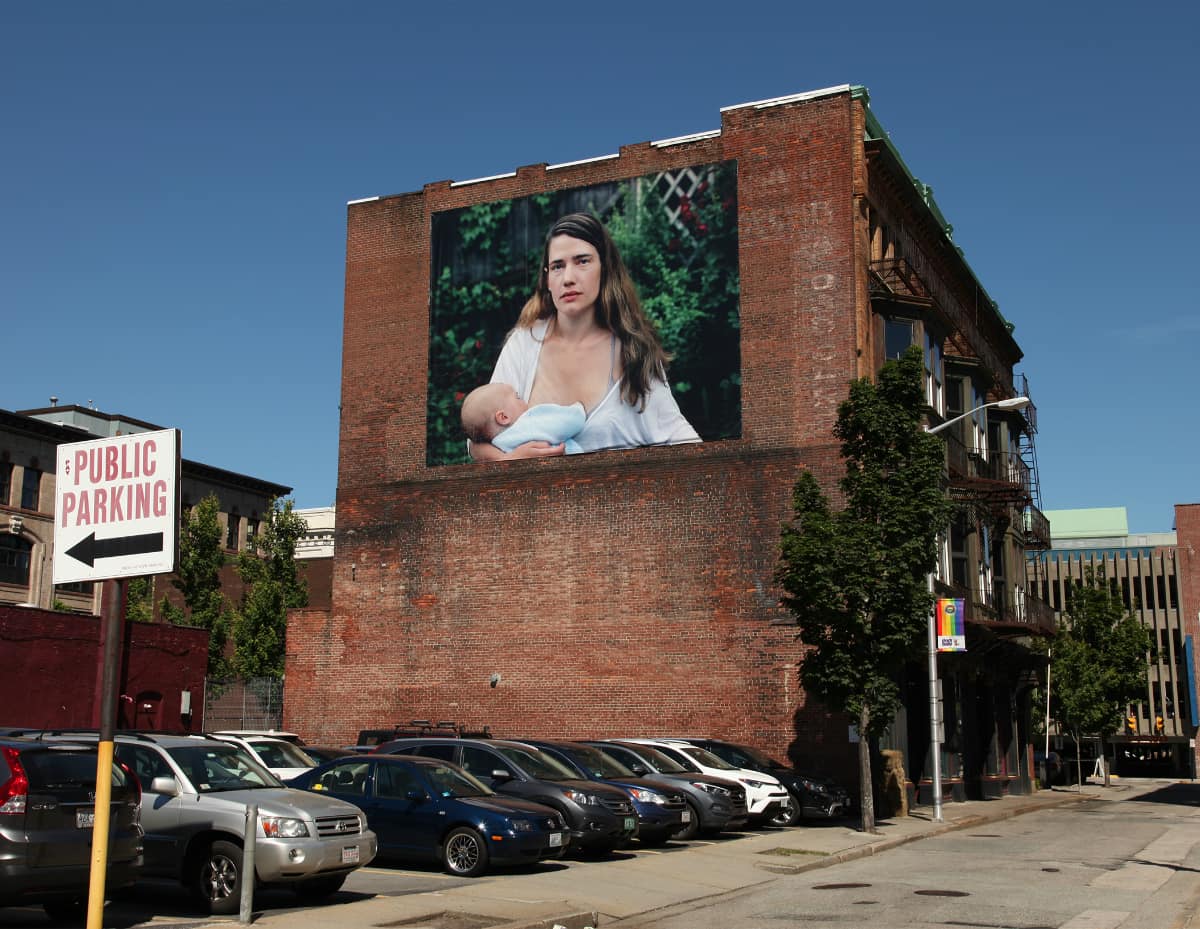
Rosaleen, SeenUnseen, photo by Mary Beth Meehan
Meehan is involved in the New England community, especially in Rhode Island where she teaches narrative photography at the bilingual International Charter School in Pawtucket. Meehan says teaching the children there to use the content of their own lives as subjects for their work—whether it is visiting Colombia every Christmas or accompanying a parent to the laundromat every Friday—has been a revelatory experience both for the students and her.
Meehan has come full circle back to her hometown of Brockton, which she has chronicled through a project called City of Champions. The narrative around Brockton as a drug-infested city is not the entire picture, Meehan says. “It overlooks this whole image of a rich, deep, functioning working-class community that I love,” she says. City of Champions is meant to rectify that.
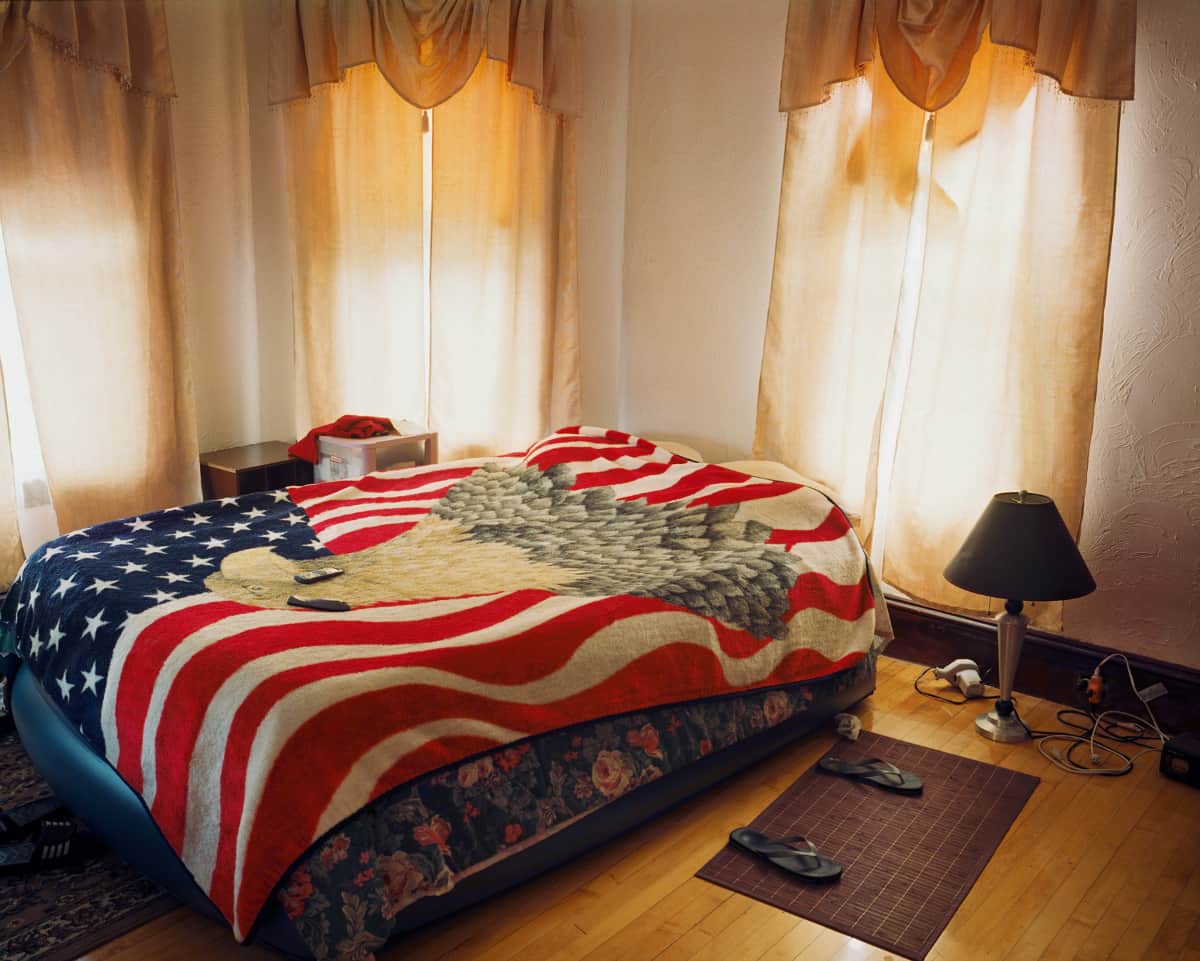
Guinea-Bissau – Brockton, photo by Mary Beth Meehan
Meehan’s work has always been relevant but it feels especially so now in the middle of a politically charged landscape. “Whatever views we have that allow us to dismiss each other, to create policy around that dismissal, to attack each other and go to war with each other—if I can somehow make them more porous and maybe question those views, I can’t think of a better use of my life and work,” Meehan says, “Mine is a tiny drop in the ocean, but it’s what I have.”
